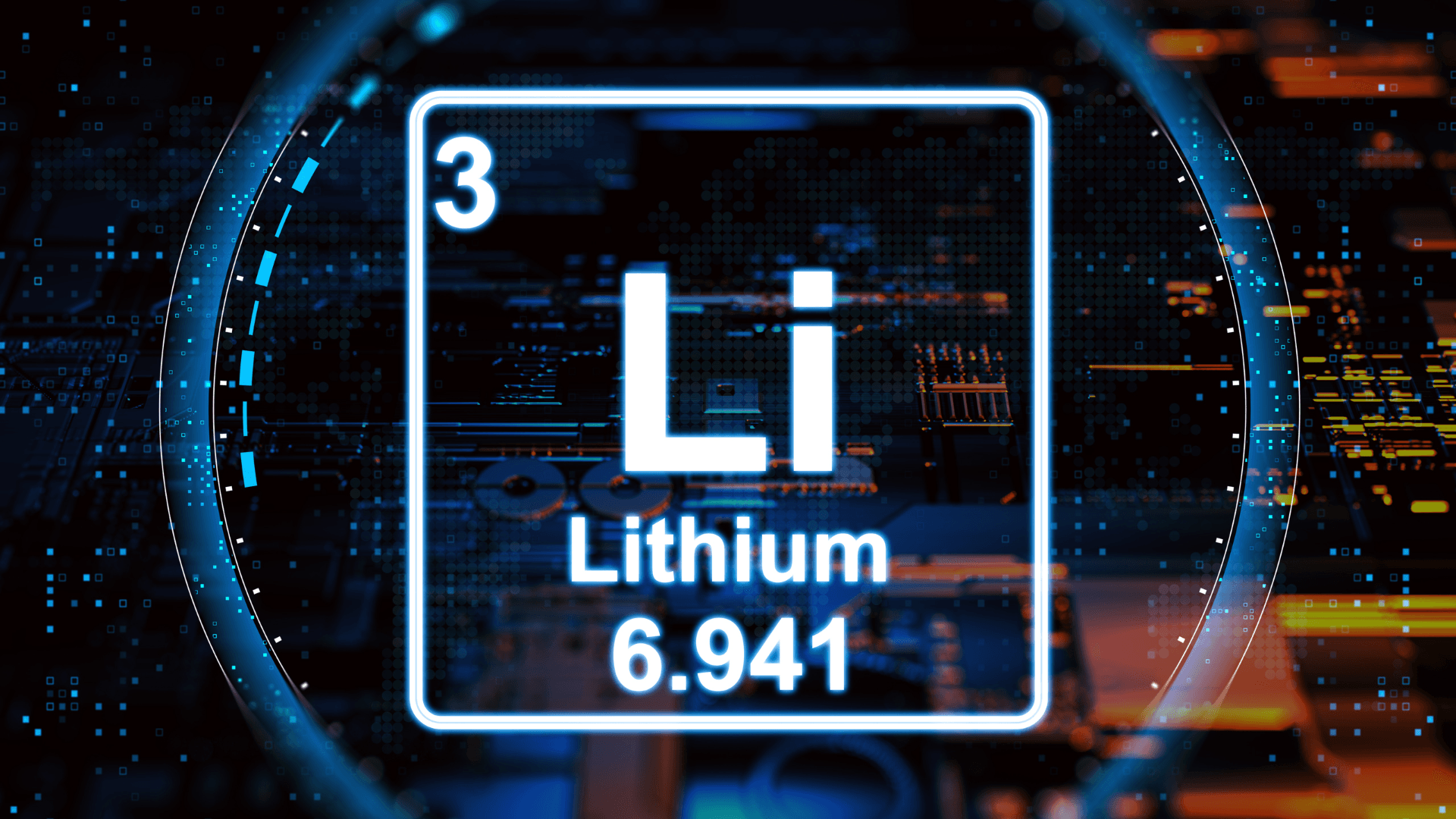In recent years, the adoption of solar energy in residential areas has surged, and for good reason. Homeowners across the globe are turning to solar power not only as a means of reducing their carbon footprint but also as a savvy financial investment. In this comprehensive exploration, we'll delve into the multifaceted benefits of solar energy for homeowners,
backed by supporting facts and research.
1. Cost Savings and Return on Investment (ROI):
One of the most compelling reasons for homeowners to invest in solar panels is the significant long-term cost savings. According to the National Renewable Energy Laboratory (NREL), homeowners can slash their electricity bills by 50% or more after installing solar panels. The initial investment might seem substantial, but the long-term savings, coupled with various government incentives and rebates, make solar energy an economically sound choice.
Furthermore, solar panels have a lifespan of 25 years or more, providing a stable and predictable source of electricity. The return on investment for solar installations is substantial, making it a wise financial move for homeowners looking to secure their energy future.
2. Environmental Impact:
Solar energy is a clean and renewable resource that produces electricity without emitting harmful greenhouse gases. By harnessing the power of the sun, homeowners can drastically reduce their carbon footprint and contribute to mitigating climate change. The Solar Energy Industries Association (SEIA) reports that a typical residential solar PV system could save thousands of pounds of carbon dioxide from being released into the atmosphere annually.
In addition to reducing greenhouse gas emissions, solar energy also helps conserve water resources. Traditional electricity generation methods, such as coal and natural gas power plants, consume vast amounts of water for cooling. Solar panels, on the other hand, have minimal water usage requirements, making them an environmentally friendly alternative.
3. Increased Property Value:
Studies have consistently shown that homes equipped with solar panels have higher property values and are more attractive to potential buyers. According to a study by the Lawrence Berkeley National Laboratory, homebuyers are willing to pay a premium for homes with solar installations, recognizing the long-term cost savings and environmental benefits associated with solar energy.
This increase in property value is not only due to the potential energy savings for the new owners but also reflects the growing demand for sustainable and energy-efficient homes. As awareness of environmental issues continues to rise, solar-powered homes are becoming sought-after in the real estate market.
4. Energy Independence:
Solar panels allow homeowners to generate their own electricity, providing a degree of energy independence. This is particularly beneficial in regions prone to power outages or where electricity prices are subject to fluctuation. With a solar power system and energy storage solutions, homeowners can ensure a consistent and reliable power supply, reducing their dependence on traditional utility grids.
Energy independence also contributes to grid resilience by decentralizing power generation. During extreme weather events or emergencies, solar-powered homes can continue to function, providing a source of stability in the face of adversity.
5. Government Incentives and Rebates:
Many governments worldwide offer lucrative incentives and rebates to encourage the adoption of solar energy. These can include tax credits, feed-in tariffs, and rebates that significantly offset the upfront costs of installing solar panels. The Database of State Incentives for Renewables & Efficiency (DSIRE) is a valuable resource for homeowners to explore available incentives in their region.
These government incentives not only make solar energy more accessible to a broader audience but also play a crucial role in driving the transition to sustainable energy. As policies and programs evolve, homeowners can take advantage of these opportunities to make their switch to solar even more financially attractive.
Investing in solar energy is not just a commitment to a greener planet but also a strategic financial move for homeowners. The combination of cost savings, environmental benefits, increased property value, energy independence, and government incentives makes solar energy a compelling and sustainable choice.
As technology advances and installation costs continue to decline, the future looks brighter than ever for homeowners embracing solar power. Make the switch today and reap the rewards for years to come. By harnessing the power of the sun, homeowners can not only enjoy significant economic benefits but also play a pivotal role in building a more sustainable and resilient energy future.


